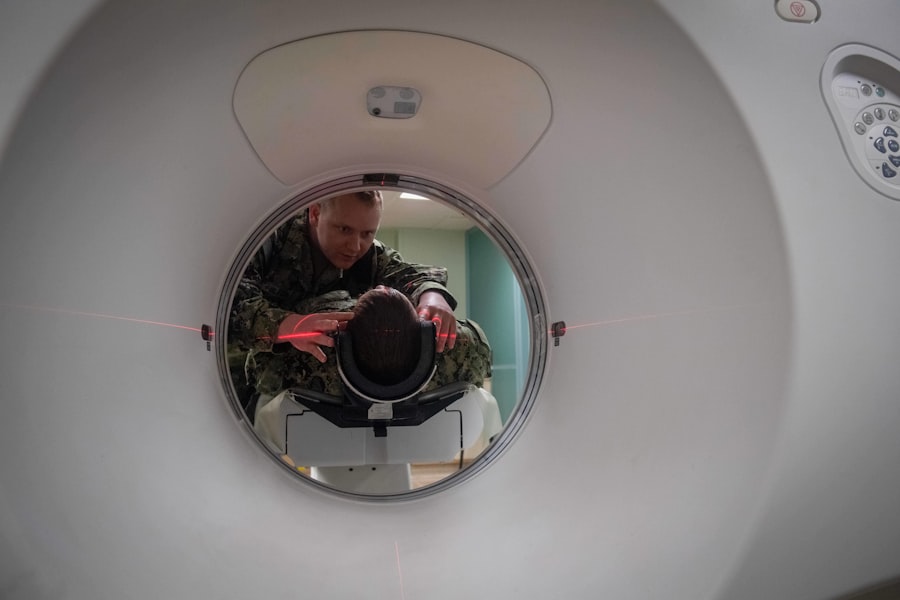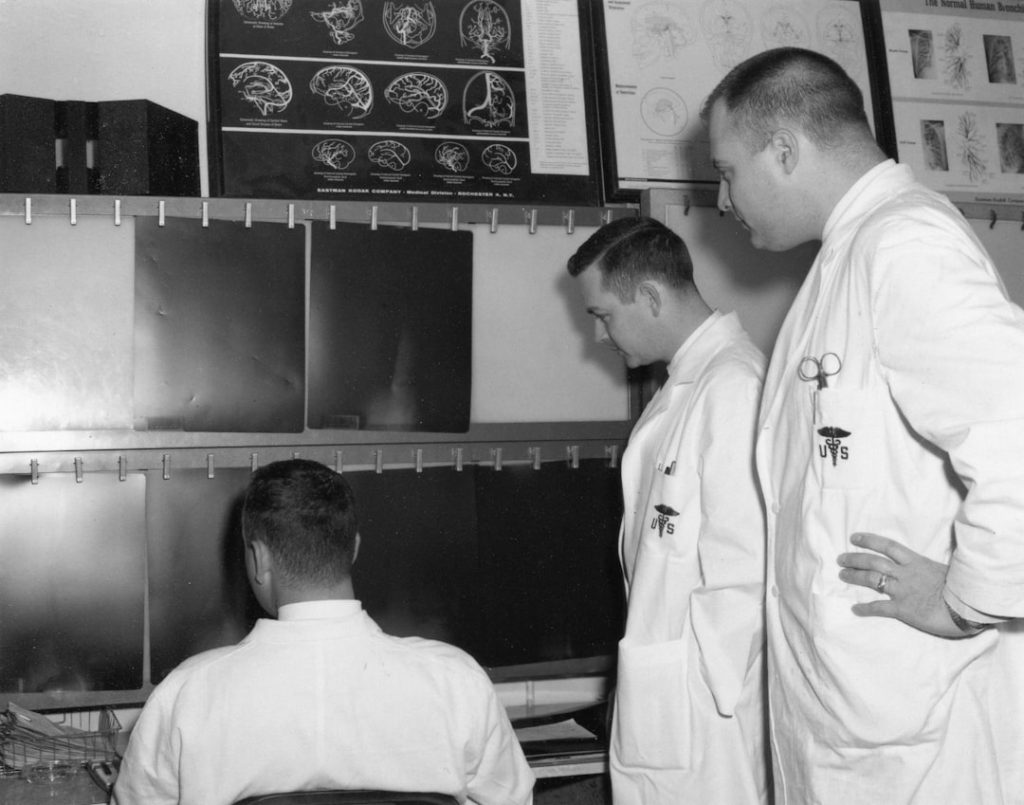Pharmacology, the branch of medicine that focuses on the study of drugs and their effects on biological systems, has undergone significant transformations over the past few decades. As our understanding of human biology and disease mechanisms deepens, the field of pharmacology is evolving to incorporate innovative technologies and methodologies. This evolution is not merely a response to the complexities of modern diseases but also a proactive approach to enhancing therapeutic efficacy and safety.
The integration of molecular biology, genomics, and advanced computational techniques has paved the way for a new era in drug development and therapeutic interventions. The importance of pharmacology extends beyond the mere discovery of new drugs; it encompasses the entire lifecycle of a medication, from its initial conception to its clinical application and post-marketing surveillance. As we delve into the intricacies of pharmacology, it becomes evident that the future of this field is intertwined with advancements in technology, a deeper understanding of disease mechanisms, and a commitment to improving patient outcomes.
The following sections will explore cutting-edge drug development techniques, breakthroughs in targeted therapies, and the emerging trends in personalized medicine, all of which are reshaping the landscape of pharmacology.
Key Takeaways
- Advances in pharmacology are driven by innovative drug development and targeted therapy techniques.
- Personalized medicine and genomic insights are transforming treatment approaches.
- Artificial intelligence plays a crucial role in accelerating drug discovery processes.
- New drug delivery systems enhance the effectiveness and precision of treatments.
- Future pharmacological research focuses on integrating technology and genomics for improved patient outcomes.
Cutting-Edge Drug Development Techniques
The landscape of drug development has been revolutionized by several cutting-edge techniques that enhance the efficiency and effectiveness of bringing new therapeutics to market. One such technique is high-throughput screening (HTS), which allows researchers to rapidly evaluate thousands of compounds for their biological activity against specific targets. This method significantly accelerates the identification of potential drug candidates, reducing the time and resources traditionally required for initial screening processes.
For instance, pharmaceutical companies can now utilize automated systems to test thousands of compounds in parallel, leading to quicker identification of lead candidates for further development. Another innovative approach is structure-based drug design (SBDD), which leverages the three-dimensional structures of biological macromolecules to inform drug design. By utilizing techniques such as X-ray crystallography and nuclear magnetic resonance (NMR) spectroscopy, researchers can visualize the binding sites of target proteins and design molecules that fit precisely into these sites.
This method not only enhances the likelihood of developing effective drugs but also minimizes off-target effects, thereby improving safety profiles. The successful development of protease inhibitors for HIV treatment exemplifies how SBDD can lead to significant therapeutic advancements.
Breakthroughs in Targeted Therapies

Targeted therapies represent a paradigm shift in the treatment of various diseases, particularly cancer. Unlike traditional chemotherapy, which indiscriminately affects rapidly dividing cells, targeted therapies are designed to specifically attack cancer cells while sparing normal cells. This specificity is achieved through the identification of unique molecular markers associated with cancerous cells.
For example, monoclonal antibodies such as trastuzumab (Herceptin) target the HER2 protein overexpressed in certain breast cancers, leading to improved patient outcomes with fewer side effects. Moreover, advancements in understanding tumor biology have led to the development of small molecule inhibitors that disrupt specific signaling pathways involved in cancer progression. Drugs like imatinib (Gleevec) have transformed the treatment landscape for chronic myeloid leukemia (CML) by targeting the BCR-ABL fusion protein that drives the disease.
These breakthroughs underscore the importance of molecular characterization in developing effective targeted therapies, allowing clinicians to tailor treatments based on individual patient profiles.
Emerging Trends in Personalized Medicine
| Trend | Description | Key Metrics | Impact on Healthcare |
|---|---|---|---|
| Genomic Sequencing | Use of whole genome sequencing to tailor treatments | Cost per genome: 600 – 1,000; Turnaround time: 1-2 weeks | Improved diagnosis accuracy and targeted therapies |
| Biomarker Identification | Detecting biological markers for disease prediction and treatment | Number of validated biomarkers: 1,500+; Sensitivity: 85-95% | Enhanced early detection and personalized drug selection |
| Artificial Intelligence (AI) in Drug Discovery | AI algorithms to predict drug responses and optimize therapies | Reduction in drug development time: 30-50%; Prediction accuracy: 80% | Faster development of personalized medications |
| Wearable Health Technology | Devices monitoring real-time health data for personalized care | Market growth rate: 20% CAGR; User adherence: 70-85% | Continuous monitoring enables proactive treatment adjustments |
| CRISPR and Gene Editing | Editing genes to correct mutations causing diseases | Clinical trials: 50+ ongoing; Success rate in trials: ~60% | Potential for curative therapies in genetic disorders |
Personalized medicine is rapidly gaining traction as a transformative approach in healthcare, particularly in pharmacology. This paradigm shift emphasizes tailoring medical treatment to the individual characteristics of each patient, including their genetic makeup, lifestyle, and environmental factors. The advent of genomic sequencing technologies has enabled researchers to identify genetic variations that influence drug metabolism and response, paving the way for more effective and safer therapeutic strategies.
For instance, pharmacogenomics—the study of how genes affect a person’s response to drugs—has led to significant advancements in optimizing drug therapy. Variations in genes encoding drug-metabolizing enzymes can result in significant differences in drug efficacy and toxicity among individuals. By utilizing pharmacogenomic testing, healthcare providers can make informed decisions about drug selection and dosing, minimizing adverse effects and enhancing therapeutic outcomes.
The implementation of such personalized approaches is exemplified by the use of warfarin, an anticoagulant whose dosing can be adjusted based on genetic variations in CYP2C9 and VKORC1 genes.
The Role of Artificial Intelligence in Drug Discovery
Artificial intelligence (AI) is increasingly becoming an integral part of drug discovery and development processes. By harnessing vast amounts of data from various sources—including clinical trials, electronic health records, and scientific literature—AI algorithms can identify patterns and predict outcomes that may not be immediately apparent to human researchers. Machine learning models can analyze chemical structures and biological data to predict which compounds are most likely to succeed as drug candidates.
One notable application of AI in pharmacology is in the identification of novel drug targets. By analyzing genomic data and disease pathways, AI can uncover previously unrecognized targets for therapeutic intervention. Additionally, AI-driven platforms can optimize lead compounds by predicting their pharmacokinetic properties and potential side effects before they enter clinical trials.
The collaboration between AI technologies and traditional pharmacological research holds immense promise for accelerating drug discovery timelines and improving success rates.
Advancements in Drug Delivery Systems

The effectiveness of a drug is not solely determined by its pharmacological properties; it is also significantly influenced by how it is delivered within the body. Recent advancements in drug delivery systems have focused on enhancing bioavailability, targeting specific tissues or cells, and minimizing side effects. Nanotechnology has emerged as a powerful tool in this domain, enabling the development of nanoparticles that can encapsulate drugs and deliver them directly to target sites.
For example, liposomal formulations have been successfully employed to improve the delivery of chemotherapeutic agents while reducing systemic toxicity. Doxil, a liposomal formulation of doxorubicin, has demonstrated improved efficacy in treating breast cancer with fewer side effects compared to traditional formulations. Furthermore, innovations such as microneedle patches for vaccine delivery are revolutionizing how medications are administered, offering pain-free alternatives that enhance patient compliance.
The Impact of Genomic Medicine on Pharmacology
Genomic medicine has profoundly influenced pharmacology by providing insights into the genetic basis of diseases and individual responses to drugs. The mapping of the human genome has opened new avenues for understanding complex diseases at a molecular level. This knowledge allows researchers to identify genetic mutations that contribute to disease susceptibility and progression, facilitating the development of targeted therapies that address these specific alterations.
The integration of genomic data into pharmacological research has also led to significant advancements in biomarker discovery. Biomarkers are measurable indicators that can predict how patients will respond to certain treatments or their likelihood of experiencing adverse effects. For instance, the identification of KRAS mutations in colorectal cancer patients has become crucial for determining eligibility for targeted therapies like cetuximab.
As genomic medicine continues to evolve, its impact on pharmacology will likely expand further, leading to more precise and effective treatment strategies.
Future Directions in Pharmacological Research
As we look toward the future of pharmacological research, several key directions are emerging that promise to shape the field significantly. One area of focus is the continued integration of multi-omics approaches—combining genomics, proteomics, metabolomics, and transcriptomics—to gain a comprehensive understanding of disease mechanisms and treatment responses. This holistic view will enable researchers to develop more effective therapies tailored to individual patients’ unique biological profiles.
Additionally, there is a growing emphasis on addressing health disparities through pharmacological research. Understanding how social determinants of health influence drug efficacy and safety will be crucial for developing equitable treatment strategies that benefit diverse populations. Collaborative efforts between researchers, healthcare providers, and community organizations will be essential in ensuring that advancements in pharmacology translate into improved health outcomes for all individuals.
Furthermore, as regulatory frameworks adapt to accommodate new technologies such as AI and gene editing tools like CRISPR-Cas9, we can expect accelerated pathways for bringing innovative therapies to market. The convergence of these advancements will likely lead to a new era in pharmacology characterized by unprecedented precision and efficacy in treating diseases that have long eluded effective management. In summary, advancing pharmacology is a dynamic field driven by technological innovations and a deeper understanding of biological systems.
From cutting-edge drug development techniques to personalized medicine approaches informed by genomic insights, the future holds immense potential for improving patient care through tailored therapeutic strategies. As we continue to explore these advancements, it is clear that pharmacology will play a pivotal role in shaping the future landscape of healthcare.




